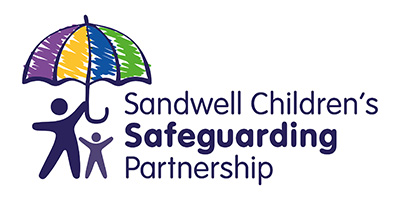Trafficking
Child Trafficking
The trafficking of children simply means the movement of a child for the purposes of exploitation.
This movement could be from one country to another, one county to another even one room to another. Harbouring a child for the purposes of exploitation is also considered trafficking, for example, making a child be a domestic slave in their own home.
Any child moved for exploitation is considered to be a trafficking victim (whether or not they have been deceived) because it is not considered possible for children to give informed consent to their own exploitation.
Trafficking of children can be external (in and out of the UK) or internal (within the UK).
Types of Exploitation
- Sexual Exploitation
- Labour Exploitation working in agriculture, cash washes, nail bars, cannabis farms etc.
- Criminal Exploitation e.g. benefit fraud, drugs running, petty crime, pick pocketing, shop lifting etc.
- Domestic Servitude
- Forced Marriage
- Female Genital Mutilation
- Organ Harvesting
Children may be alone/unaccompanied or part of a sibling, family or community group. They could be trafficked by their parents, foster parents, adoptive parents, siblings, communities or by complete strangers.
Child trafficking is often multi-faceted and therefore children may experience more than one exploitation type, for example, labour exploitation by day and sexual exploitation by night.
Victims of Child trafficking may experience (not an exhaustive list):
Extreme trauma
Juju and witchcraft
Rape, being held captive
Beatings, drugging
Change of identity and confiscation of identity documents
Multiple loss/separation
Made to believe that they owe large sums of money e.g. debt bondage
Socially isolation
ALL victims of Child Trafficking should be seen as a child protection concern and should be treated as such with statutory services.
This is everyone’s responsibility and the responsibility of children’s services, community and voluntary providers, education services, community safety and health provision to respond to trafficked children.
As victims of child trafficking, children should receive:-
- Immediate Safety on Identification
- Appropriate Accommodation
- Language and cultural support
- NRM referral
- Follow up support and education
- Support to deal with the trauma they have faced
- Support to prevent further abuse and exploitation
All first responders to the National Referral Mechanism including the police and local authorities have a ‘duty to notify’ via a National Referral Mechanism of any potentially trafficked children, this is part of the Modern Slavery Act 2015 legislation.
Barnardo’s National Counter Trafficking Service can help you identify, safeguard and assess the risk of a potentially trafficked child as part of our work with the West Midlands Local Authorities in the Panel for the Protection of Trafficked Children (PPTC). We are funded by the Police and Crime Commission’s Victim Fund to:
- Take referrals of potentially trafficked children in the West Midlands
- Help Social Workers to identify trafficking as a concern
- Give immediate safety planning and work with a foster carer/accommodation placement to keep a child safe
- Complete and advice on a National Referral Mechanism
- Support with immigration advice and guidance
Please refer to the Information Sheet and the Referral Form for more details.
Referral Line – 0800 043 4303
Human Trafficking – Useful information
November 2017 Human Trafficking Media Summary
